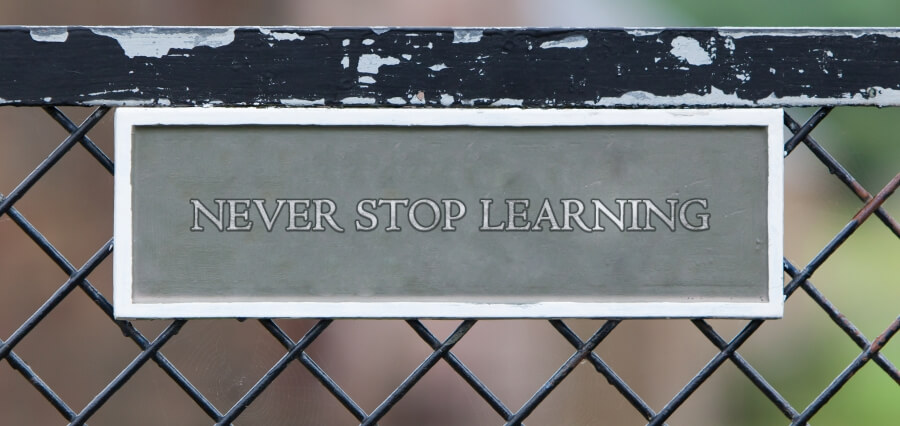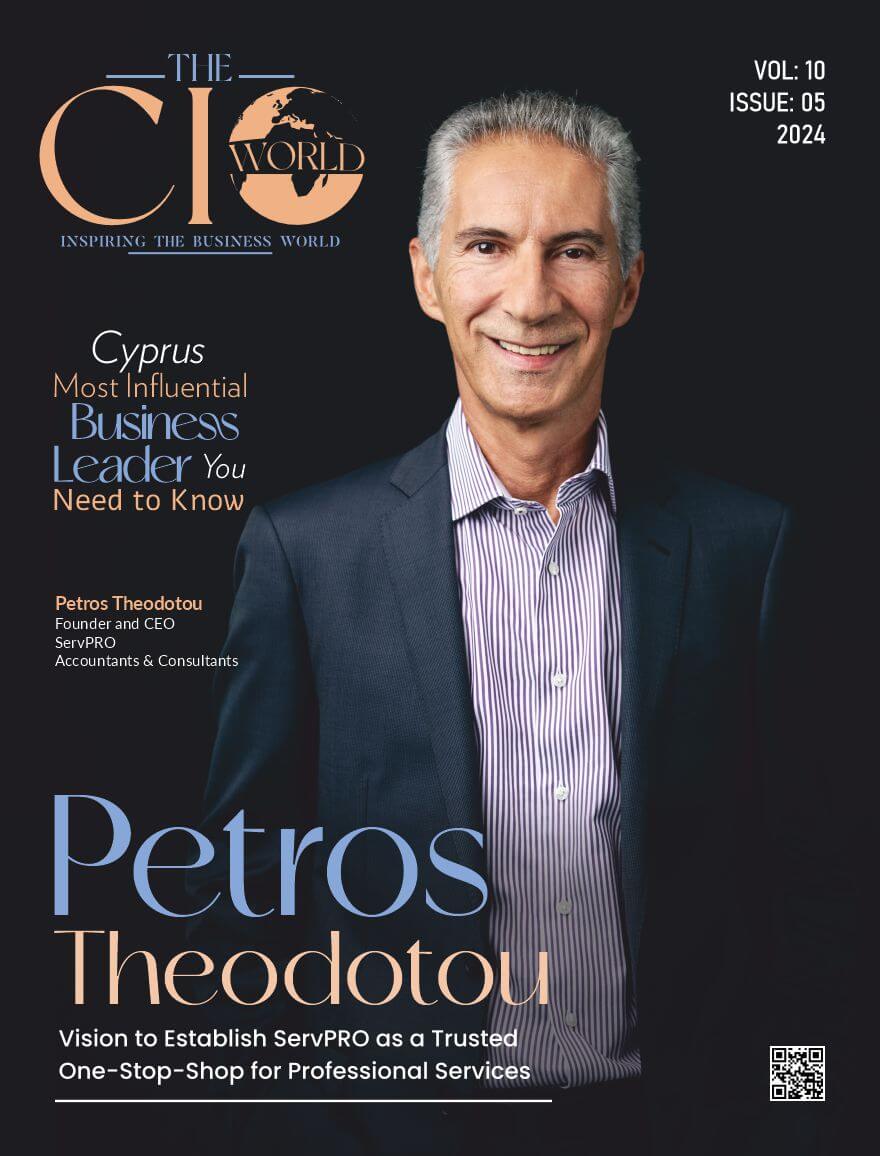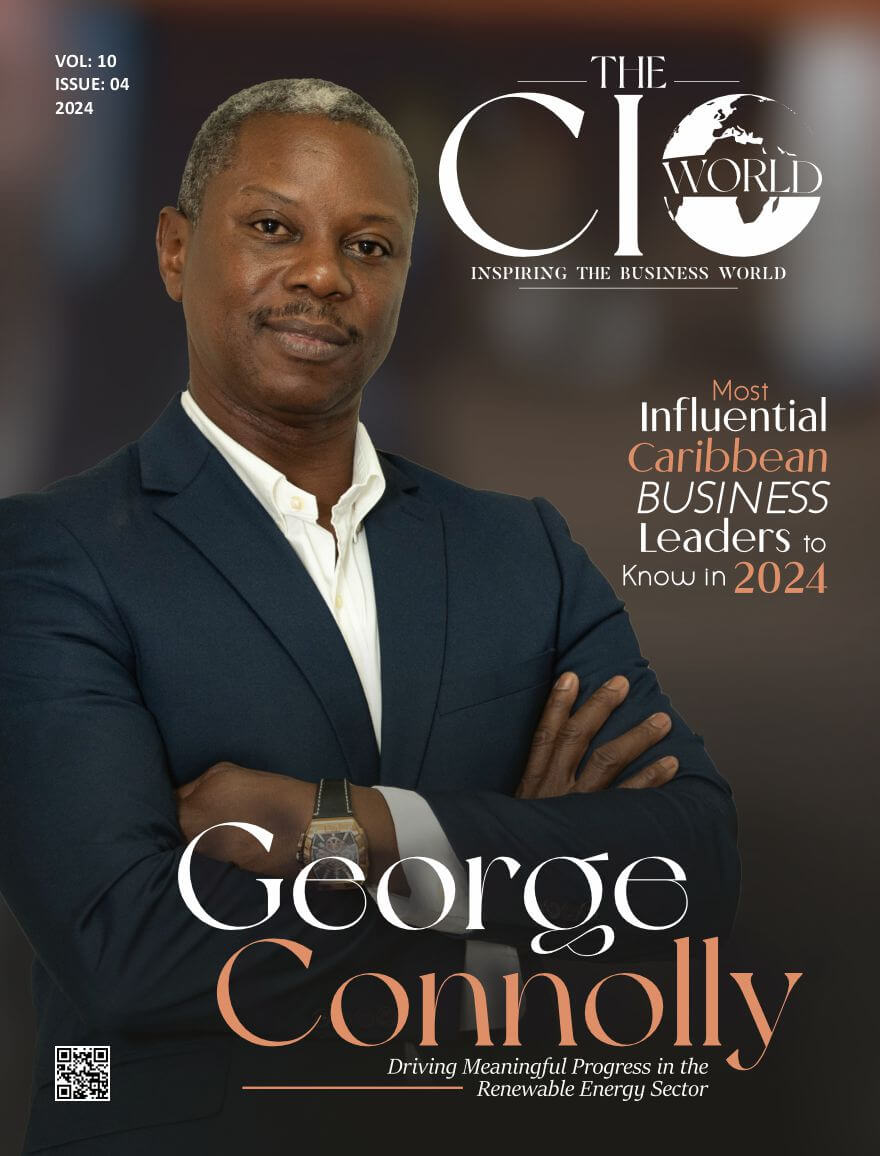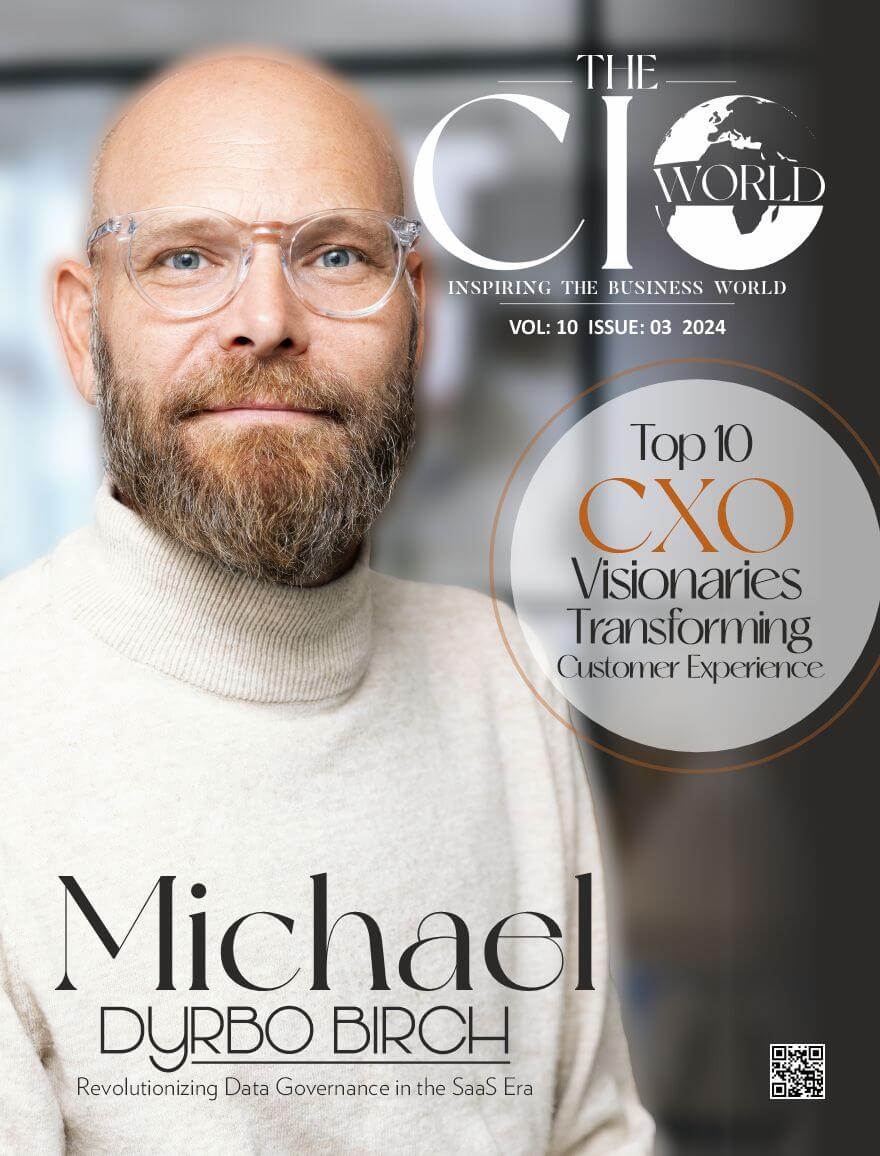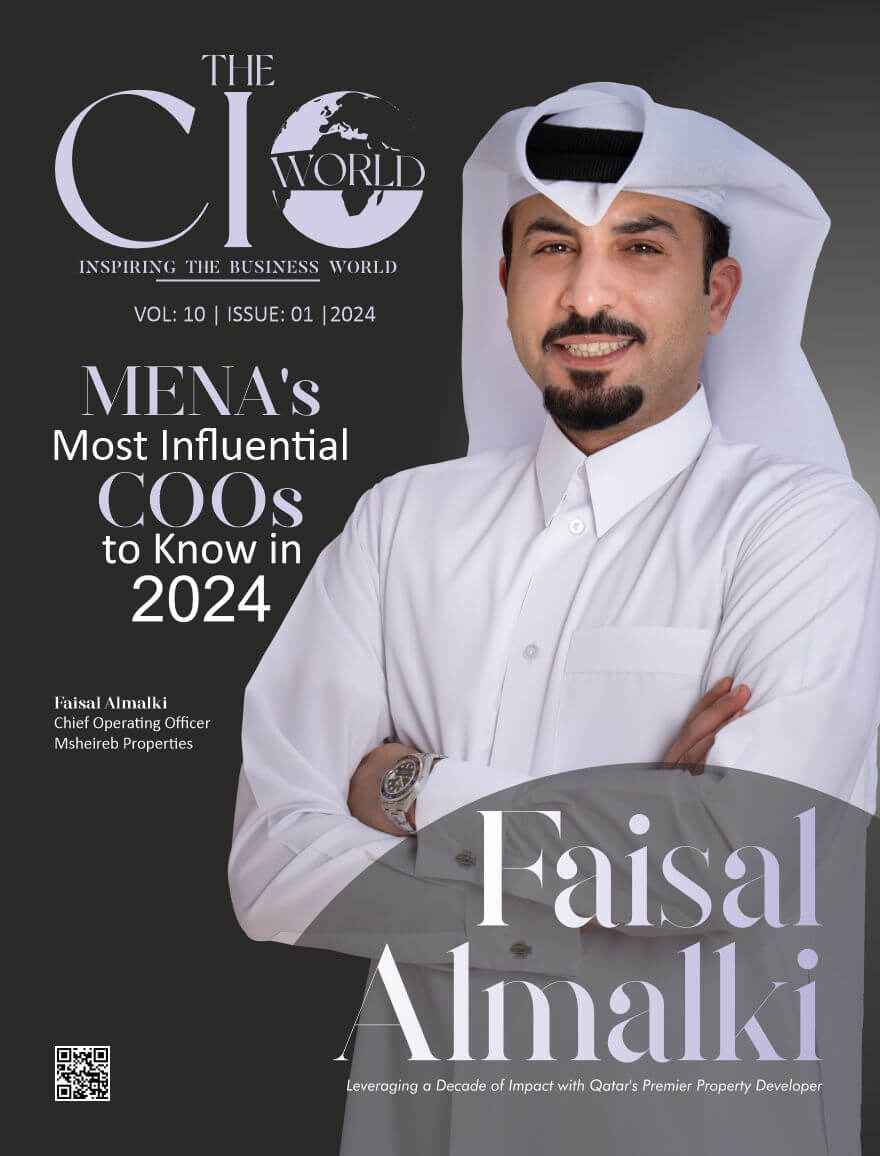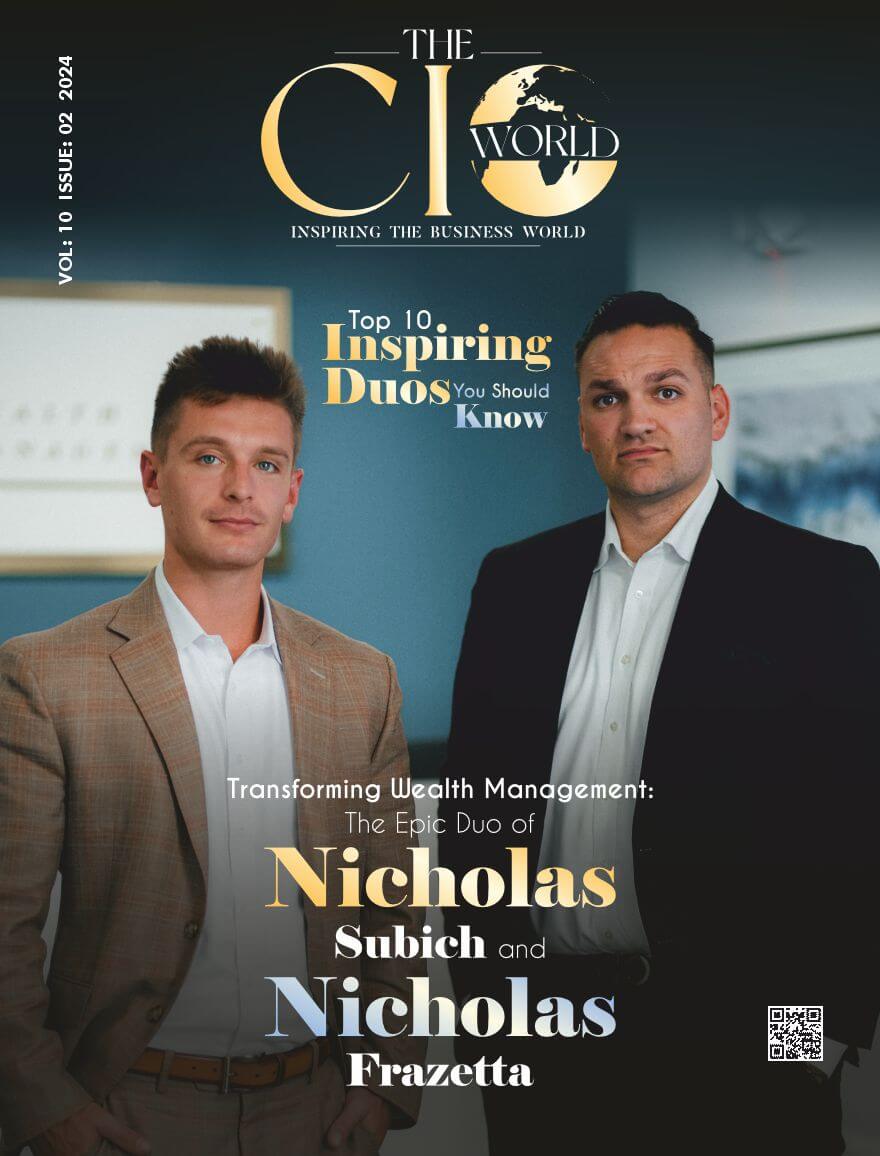“The illiterate of the 21st century will not be those who cannot read and write, but those who cannot learn, unlearn, and relearn.” – Alvin Toffler
Have you ever wondered what it takes to be a successful CEO in today’s rapidly changing world? The answer lies not just in experience or expertise but in an insatiable thirst for learning. In an era where markets evolve overnight and technology reshapes industries at lightning speed, being a CEO means embracing a mindset of perpetual growth and adaptation. Let’s delve into why being a CEO means never stopping learning.
Embracing Change: The New Normal
Gone are the days of static business environments and predictable market conditions. Today, CEOs must navigate through a landscape characterized by constant change, disruption, and uncertainty. Whether it’s the emergence of new technologies, shifts in consumer behavior, or global economic fluctuations, change is the new normal.
In such a dynamic environment, the ability to learn quickly and adapt is not just advantageous – it’s essential for survival. CEOs who cling to outdated strategies or resist change risk being left behind. Instead, successful leaders embrace change as an opportunity for growth and innovation.
Staying Ahead of the Curve
As a CEO, staying ahead of the curve requires more than just reacting to changes as they occur. It means actively seeking out new knowledge, trends, and insights that can inform strategic decision-making. Whether it’s attending industry conferences, networking with peers, or staying abreast of the latest research, continuous learning is the key to staying one step ahead.
Moreover, learning shouldn’t be confined to traditional sources. CEOs must cultivate a diverse range of inputs, from interdisciplinary perspectives to unconventional sources of inspiration. By widening their knowledge base, leaders can gain fresh insights and approaches to tackling complex challenges.
Fostering Innovation and Creativity
Innovation is the lifeblood of any successful organization, and it thrives in environments where learning is encouraged. As a CEO, fostering a culture of curiosity and experimentation is essential for driving innovation and creativity within the company.
By promoting continuous learning among employees, CEOs can cultivate a workforce that is agile, adaptable, and empowered to think outside the box. Encouraging employees to pursue new skills, explore new ideas, and learn from failure creates an environment where innovation can flourish.
Leading by Example
As the leader of an organization, CEOs set the tone for the entire company. By demonstrating a commitment to learning and growth, CEOs inspire their teams to do the same. When employees see their leaders actively seeking out new knowledge, embracing challenges, and striving for personal and professional development, it creates a culture where continuous learning is valued and celebrated.
Moreover, leading by example also involves acknowledging one’s limitations and being open to feedback and constructive criticism. A CEO who is humble enough to admit when they don’t have all the answers and willing to learn from others fosters a culture of collaboration and continuous improvement.
Adapting to New Realities
In today’s fast-paced business world, what worked yesterday may not work tomorrow. CEOs must be willing to adapt their leadership style, strategies, and priorities to meet the evolving needs of the organization and its stakeholders.
This requires a willingness to challenge assumptions, rethink traditional approaches, and embrace new ways of thinking. Whether it’s adopting agile methodologies, embracing digital transformation, or pivoting in response to market shifts, being a CEO means being flexible and adaptable in the face of change.
Conclusion: The Journey of Lifelong Learning
Being a CEO means never stopping learning, because leadership is not a destination but a journey of continuous growth and evolution. In a world where the only constant is change, the ability to learn, unlearn, and relearn is the ultimate competitive advantage.
As Alvin Toffler aptly stated, the illiterate of the 21st century are not those who cannot read and write but those who cannot learn, unlearn, and relearn. As CEOs, we must embrace this mindset of perpetual learning if we are to navigate the complexities of the modern business landscape successfully.
-Alaya Brown

